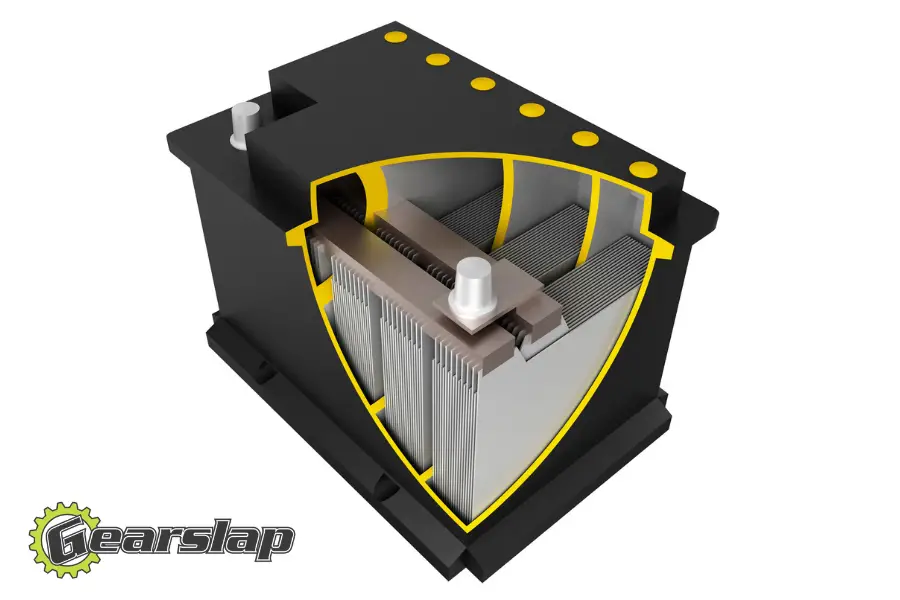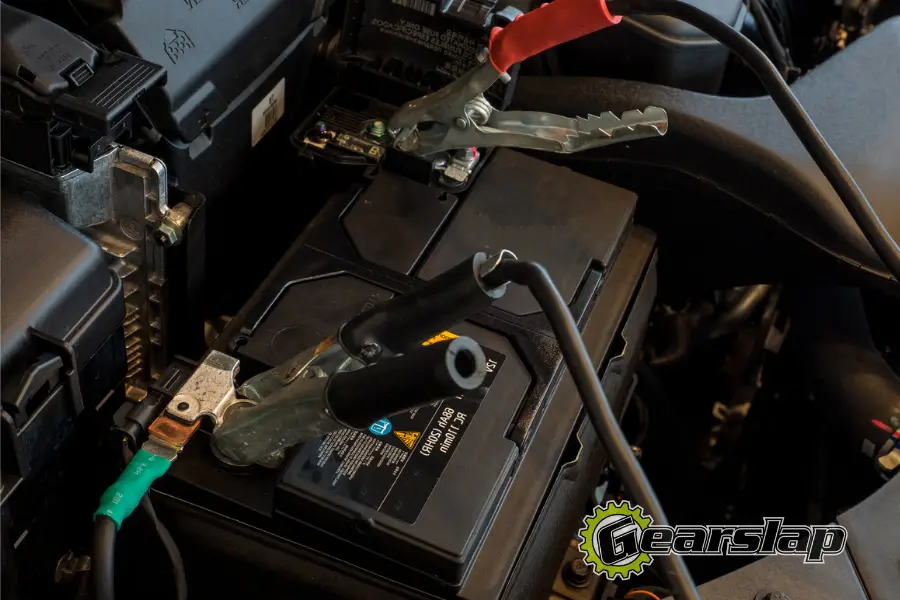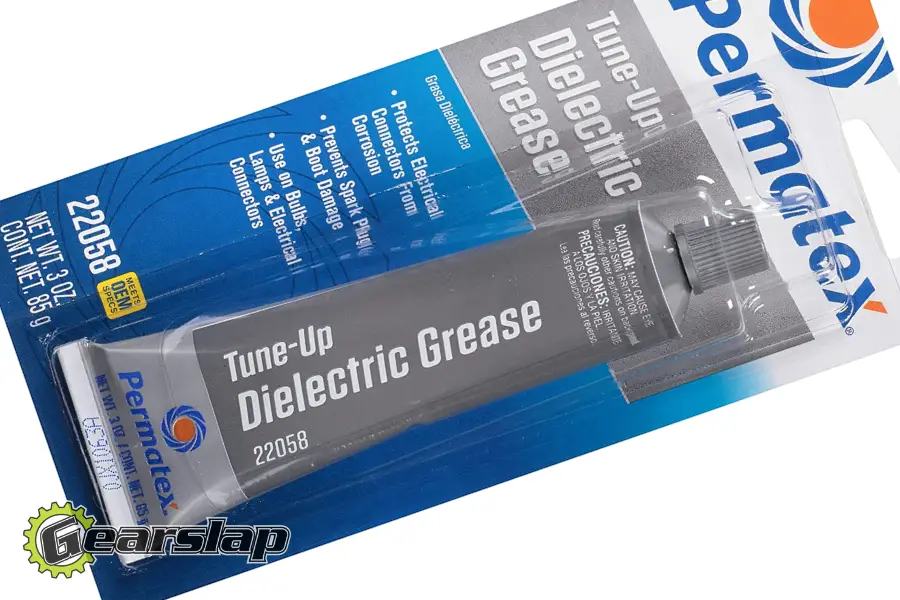Your car can’t operate without spark plugs. These inexpensive parts are necessary for an engine to start and run well.
In some cases, replacing bad spark plugs requires a professional. People comfortable performing simple auto maintenance may be able to handle the job themselves.
Most people have heard of spark plugs but might not understand what they do. So, what are spark plugs for? If they’re vital to your car’s operation, it’s important to know: Can spark plugs go bad? How do you fix a bad spark plug?
What Are Spark Plugs For?
Spark plugs hint at their purpose in their name. These plugs create a spark of electricity that ignites the mixture of air and fuel inside your engine to start it. This process is the combustion part of a combustion engine.
Without working spark plugs, you won’t have the electric arc to ignite the fuel, and your car won’t start.
Can Spark Plugs Go Bad?
Like every element in a car’s engine, spark plugs can and will eventually wear out. Bad or fouled spark plugs accumulate oil, dirt, and other substances that keep them from firing.
Do spark plugs go bad with age? Yes, but high-quality spark plugs can last for tens of thousands of miles and several years before you need to replace them.
What Are the Symptoms of Bad Spark Plugs?
If the plugs have been in place for more than four years or 60,000 to 80,000 miles, you should replace them as part of regular maintenance.
What does a car sound like when spark plugs are bad? You might hear knocking, clicking, and misfiring if you have fouled spark plugs. If any spark plugs need replacement, your car will usually show one or more of the following symptoms.
Hard to Start
A car that’s hard to start might have one or more fouled spark plugs. Dirty and worn-out plugs don’t spark well, so you might have to try to start the vehicle repeatedly before the engine turns over.
Cars with this problem can have ignition and starter issues, but spark plugs are often the culprit.
Misfiring
An engine that misfires may need new spark plugs. When one or more spark plugs don’t produce the power they should because of a slow or weak spark, the rest of the cylinders have to work harder, causing misfires.
Knocking
You might notice a knocking sound coming from the engine, particularly when you accelerate. If the spark plugs aren’t firing well enough to ignite all of the fuel, the remaining vapor will move around and ignite, causing a knock.
High Gas Consumption
If your car’s gas mileage has gotten worse, you might have bad spark plugs. It takes more fuel to start and run the vehicle if it has a spark plug that doesn’t work or has a weak spark.
Loud or Rough Idle
If your engine gets louder or feels rough as it runs, especially while the car is idling, it’s often a spark plug problem. An increasingly loud and rattling vibration can be a sign that you need new plugs.
Poor Acceleration
If your car is slow to accelerate, it might not be getting enough power because of dirty or fouled spark plugs.
How Do You Check Spark Plugs Without Removing Them?
You can use a spark plug tester to check them without removing them from the engine. You’ll have to remove the spark plug wire to attach the tester, but you won’t need to unscrew the plug from its hole.
A quick visual inspection will show you if a spark plug has blown out. You might see an empty plug hole, a spark plug still attached to the wire but hanging loosely, or spark plug fragments.
Can You Drive a Car With a Bad Spark Plug?
Your car has one spark plug for each cylinder, so a six-cylinder engine has six spark plugs. One bad spark plug won’t stop the others from working, so the car will usually still run.
The question shouldn’t be, “Can you drive a car with a bad spark plug?” but should you drive it that way. No, you shouldn’t if you want to protect your engine and avoid damage.
What Will Bad Spark Plugs Do to Your Car?
Can spark plugs go bad and ruin your engine? Yes, bad spark plugs can cause engine damage over time. Misfiring caused by bad plugs causes incomplete combustion, which can damage your car’s catalytic converter.
The increased vibration from an engine running rough because of bad plugs causes more wear and tear on parts. Hard starting and other issues can also take a toll on the starter and the battery.
How Do You Fix a Bad Spark Plug?
A dirty spark plug, one that’s considered bad or fouled, might only need to be cleaned and replaced. The reason it’s oily or dirty should lead you to check other parts of the engine to prevent it from happening again.
Changing the spark plug is usually the best option, though. If you’re wondering, “How much to fix a bad spark plug?” you can relax. Spark plugs are an inexpensive part of your car. You can pay as much as $100 per plug, but most spark plugs cost around $10 or $15 each.
If you’re comfortable doing the job yourself, it’s as simple as removing the plug wire, unscrewing the old spark plug, and replacing it with a new one. Thread the spark plug in by hand to ensure that it’s properly aligned, replace the plug wire, and you’re finished.
The cost of having a mechanic replace spark plugs can range from $150 to $400, depending on your vehicle and the spark plugs you buy.
Difference Between a Bad Spark Plug and a Blown Out Spark Plug
The difference between a bad spark plug and a blown-out spark plug is that the bad plug will remain in place. Bad spark plugs stop working because of build-up or wear and tear.
Spark plugs that are “blown” have been unseated from the spark plug hole in the cylinder. This “blowing out” can sound like a gunshot under the hood.
Loose spark plugs and plugs forced in so that the threads don’t line up, known as cross-threading, can blow out and cause engine damage.
How Do You Fix a Blown Out Spark Plug?
Occasionally, a spark plug blows out of its hole without causing damage. A new spark plug fixes the problem completely. Sometimes, the spark plug strips the hole as it’s blown out or heat welds the spark plug in place.
How much to fix a blown-out spark plug? The cost depends on the degree of damage. If the threads are intact, you’ll have to pay for a new spark plug and any labor fees the mechanic charges. Replacing a spark plug is a fast job with minimal cost.
When the aluminum threads are stripped, the spark plug hole needs rethreading or replacement. If you’re comfortable using a rethreading kit, your cost could be under $100 with a new plug and the $40-$60 kit.
The cost for a mechanic to do it will probably start at about $350 to $500. The total cost will depend on the time they need to complete the job.
What If the Blown Spark Plug Did Damage?
How much to fix a blown out spark plug that did more damage? A blown spark plug can damage the spark plug wire, the ignition coil, and even the cylinder and the head if a broken piece falls into the cylinder.
Those problems take more parts and time to repair and will cost more. If the spark plug broke and any pieces fell into the engine, you should tow the car to the garage to avoid running it and doing more damage.
At a minimum, they’ll remove any broken parts, replace the spark plug )and the plug wire, if necessary), and do an oil change with a full flush to remove any debris.
The mechanic may use an endoscope to inspect the engine. This option costs less than removing the head to check the valves, which can be a labor-intensive process that costs $1500 and up.
Any head or valve damage caused by the blown-out spark plug will increase the overall cost.
Can I Prevent a Blown Out Spark Plug?
Yes, you can prevent a blown-out spark plug by ensuring proper installation. The most common causes for blown-out spark plugs are loose plugs, cross-threading, and plugs that are screwed in too tightly.
Using a qualified mechanic you trust will help ensure correct spark-plug installation. If you install them at home, hand-thread them carefully instead of using a tool. Using your hand at first helps prevent cross-threading and over-tightening.
Finally, make sure the spark plugs aren’t loose. You can check for looseness now and then, often indicated by clicking or rattling sounds when the car is running, and tighten them as needed to prevent the spark plugs from blowing out.




